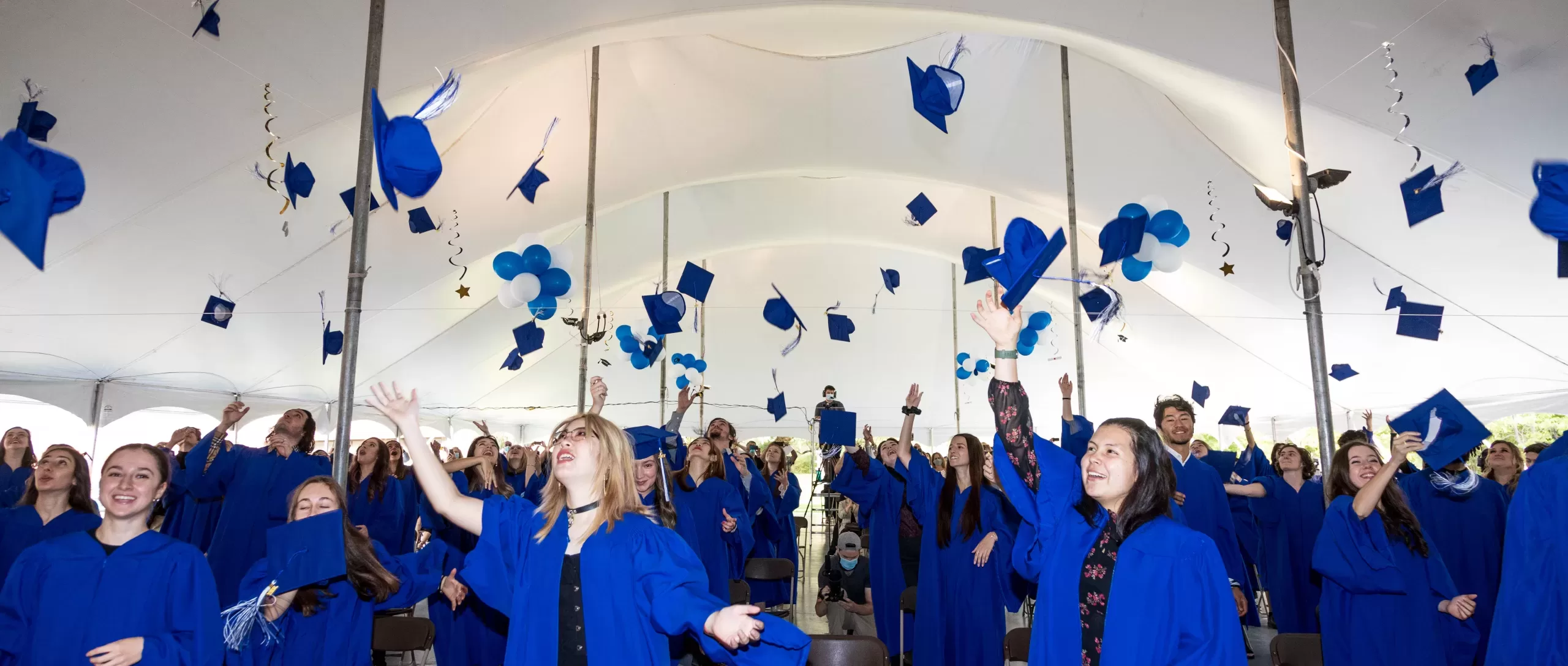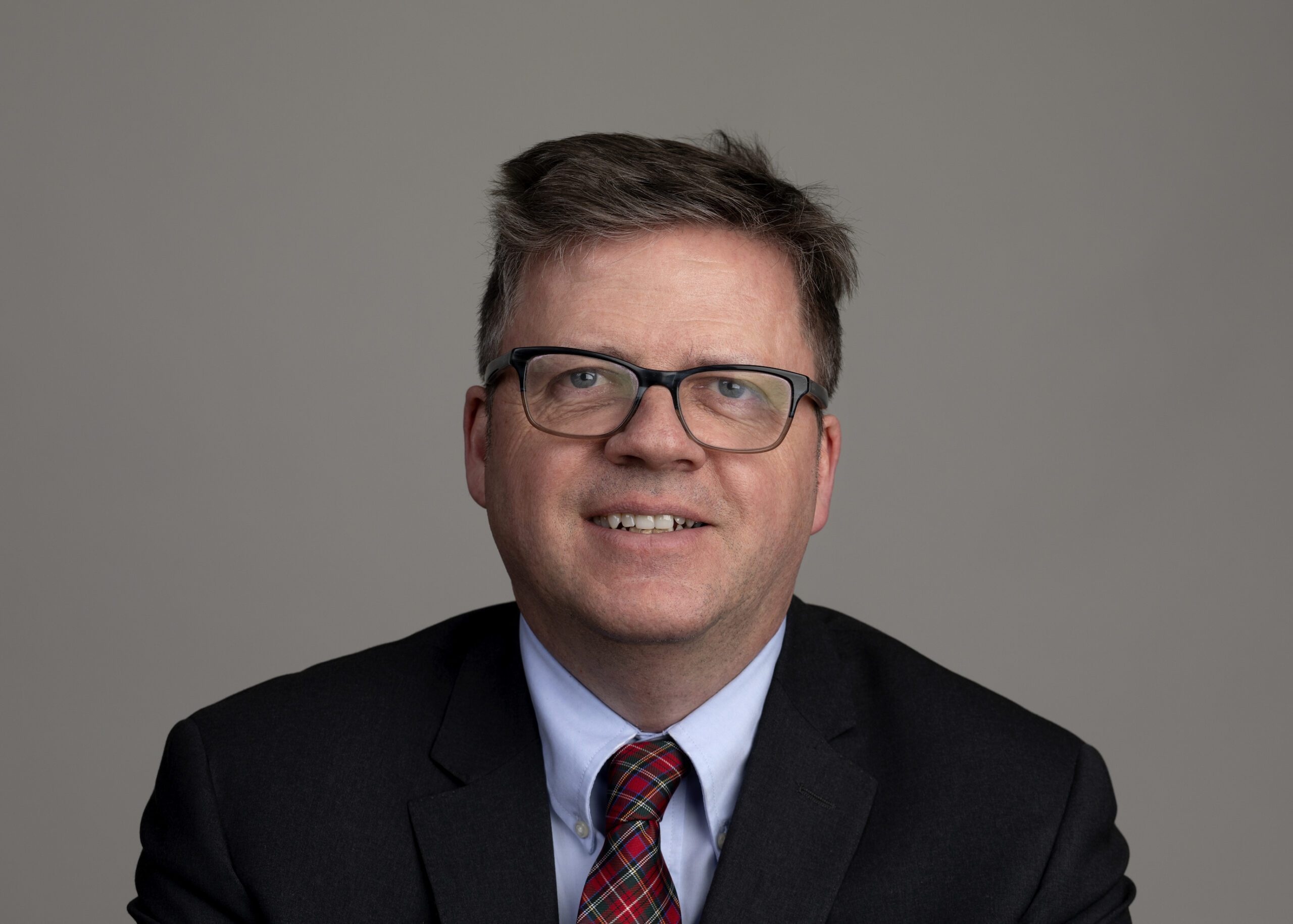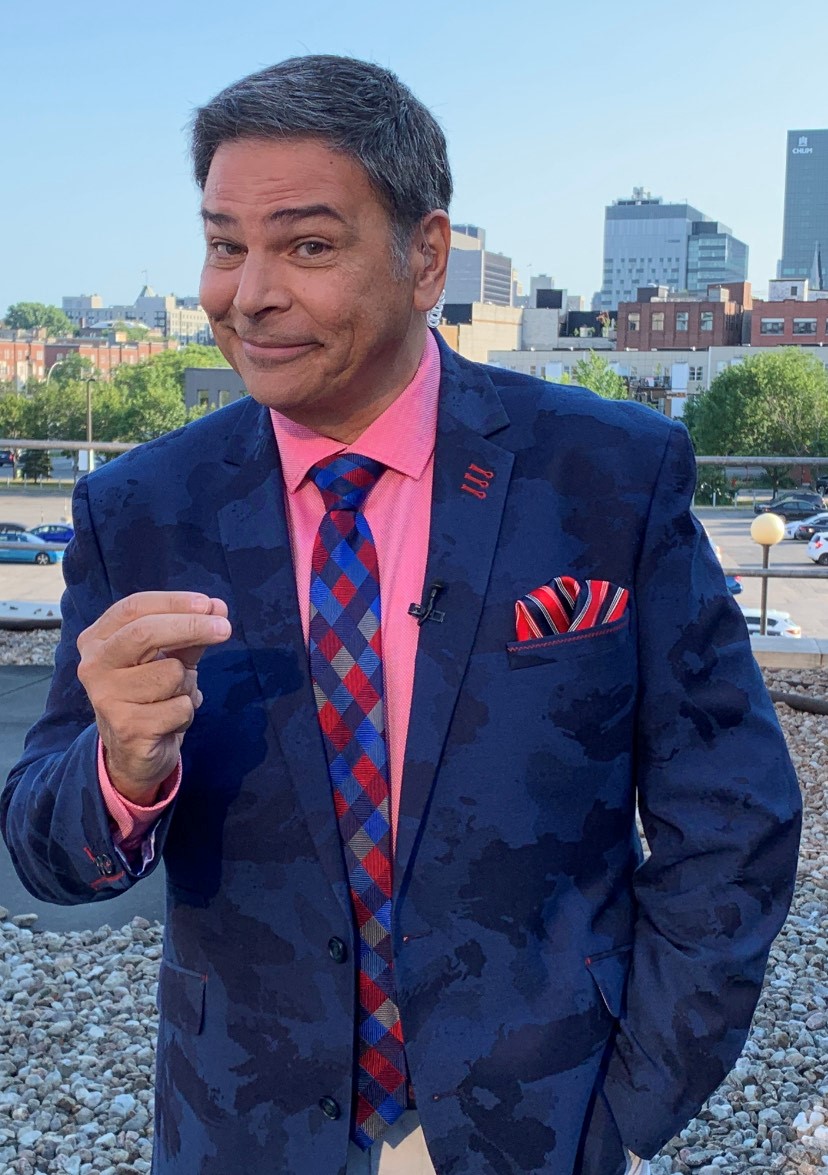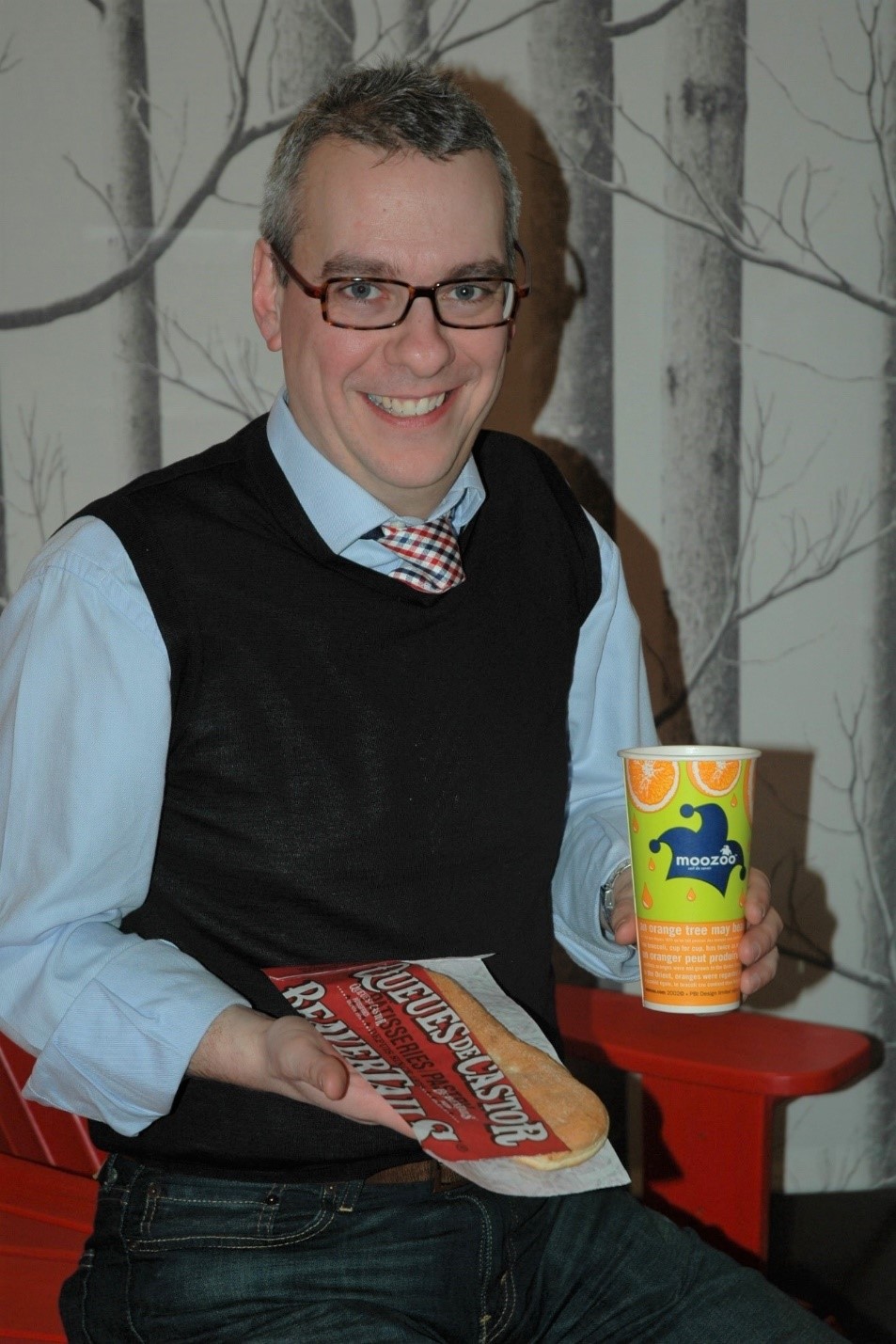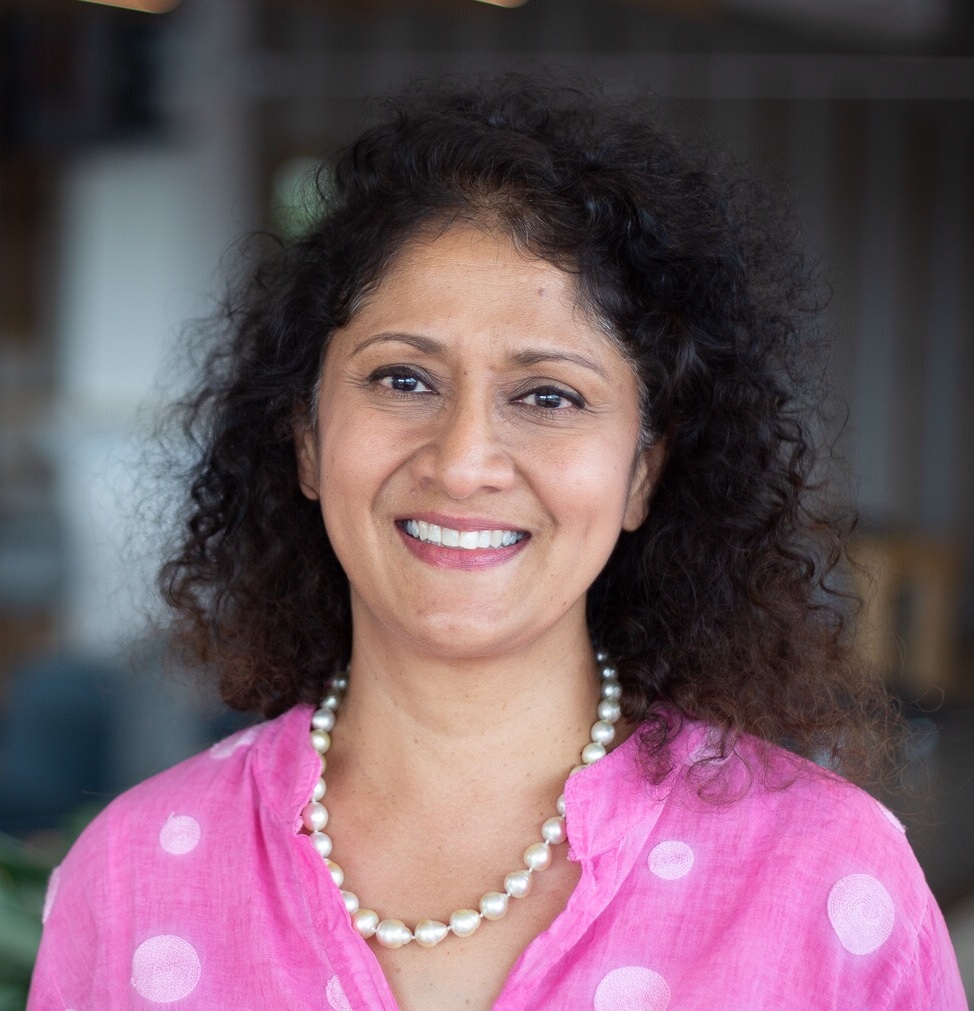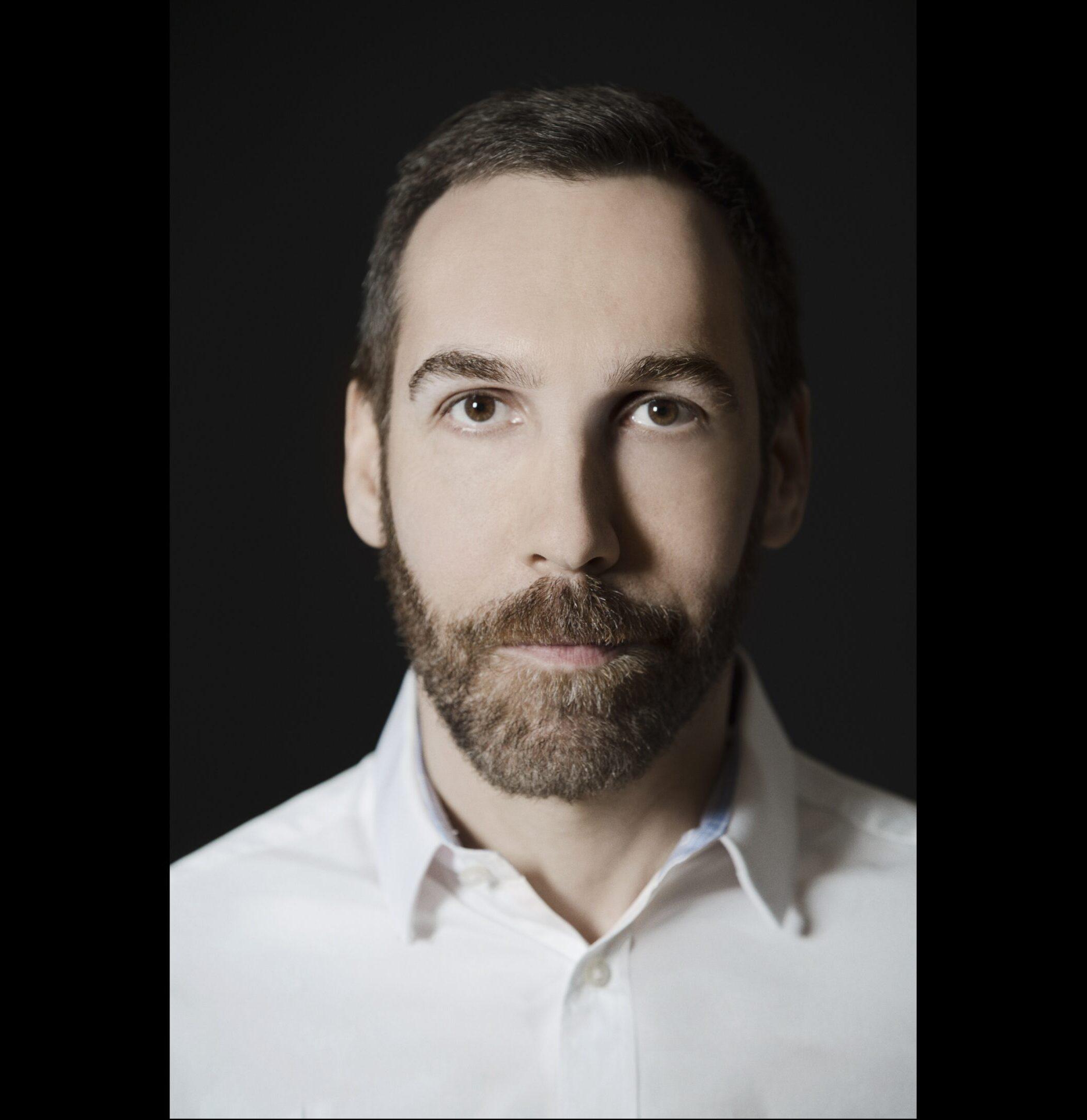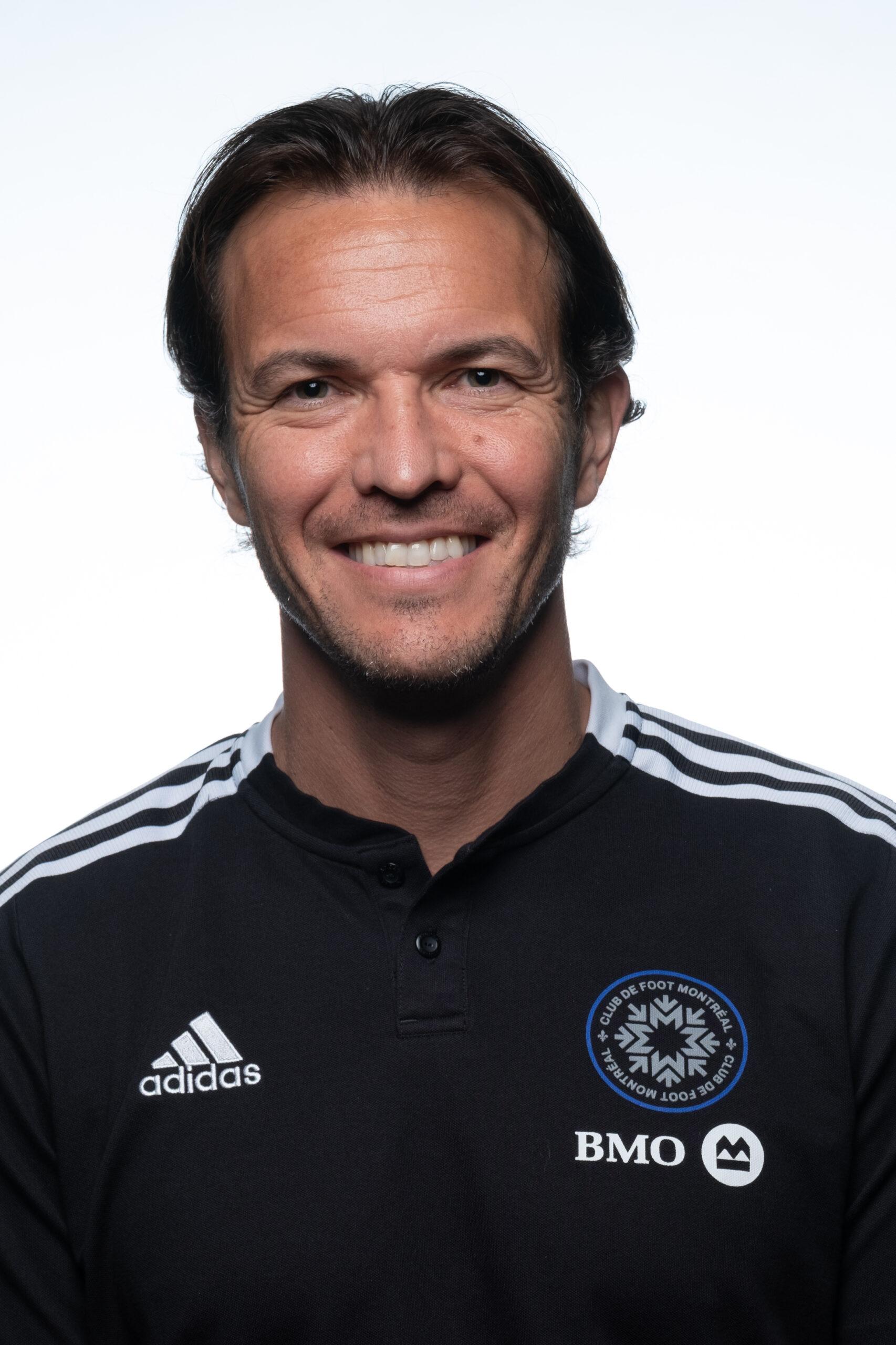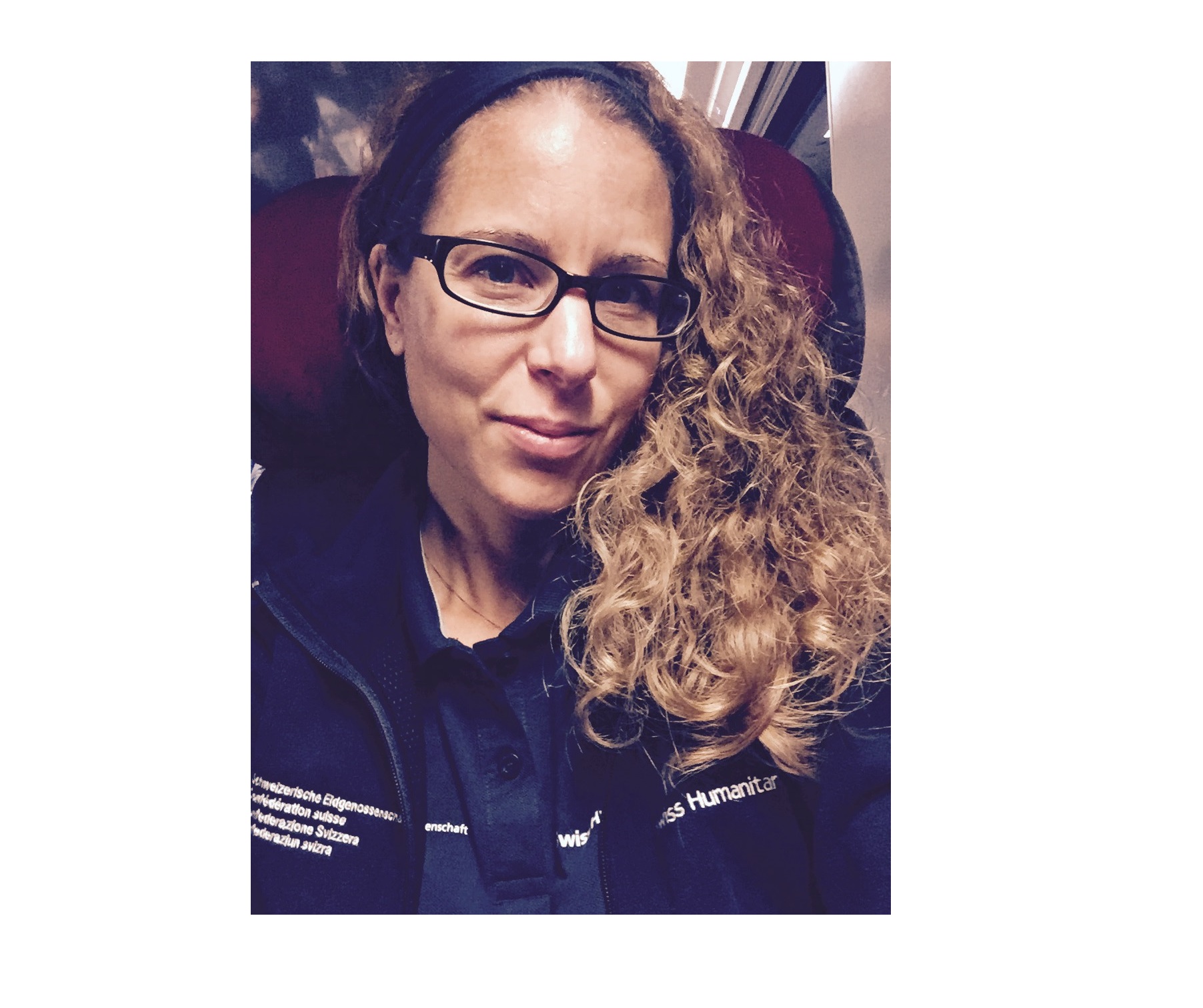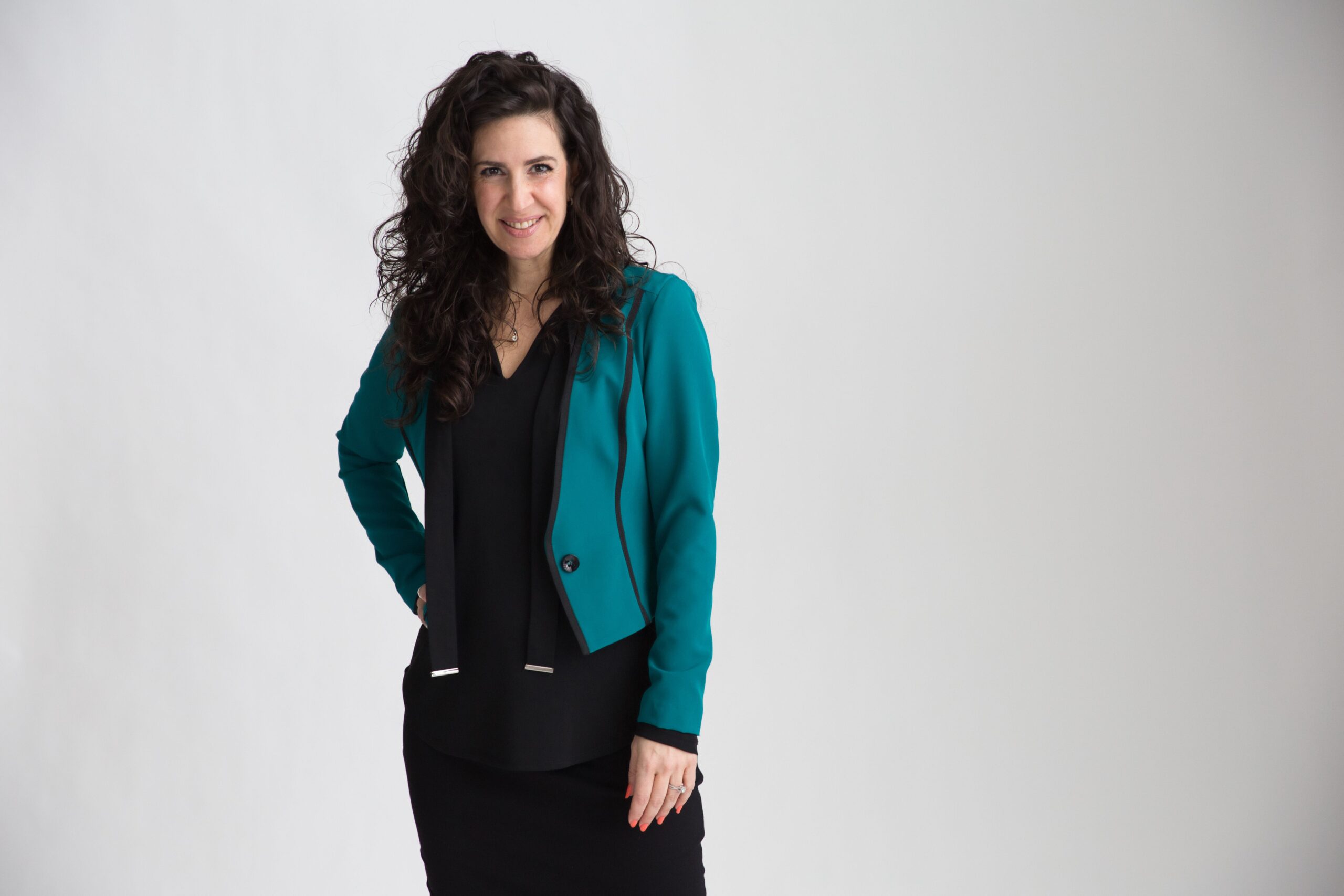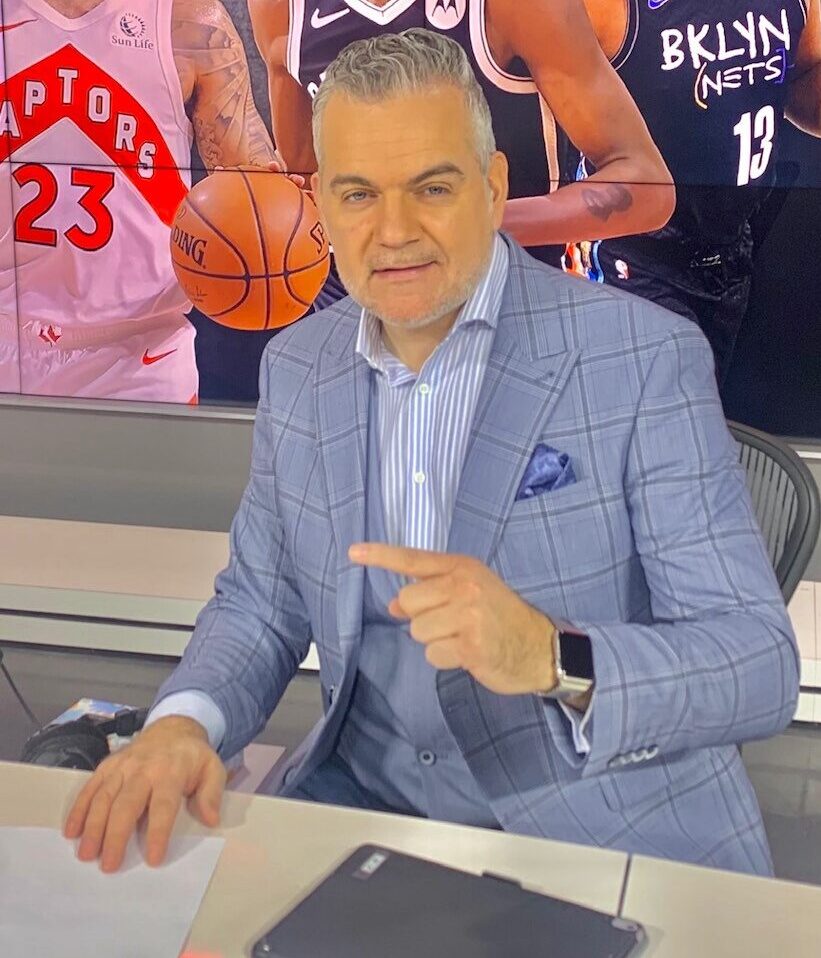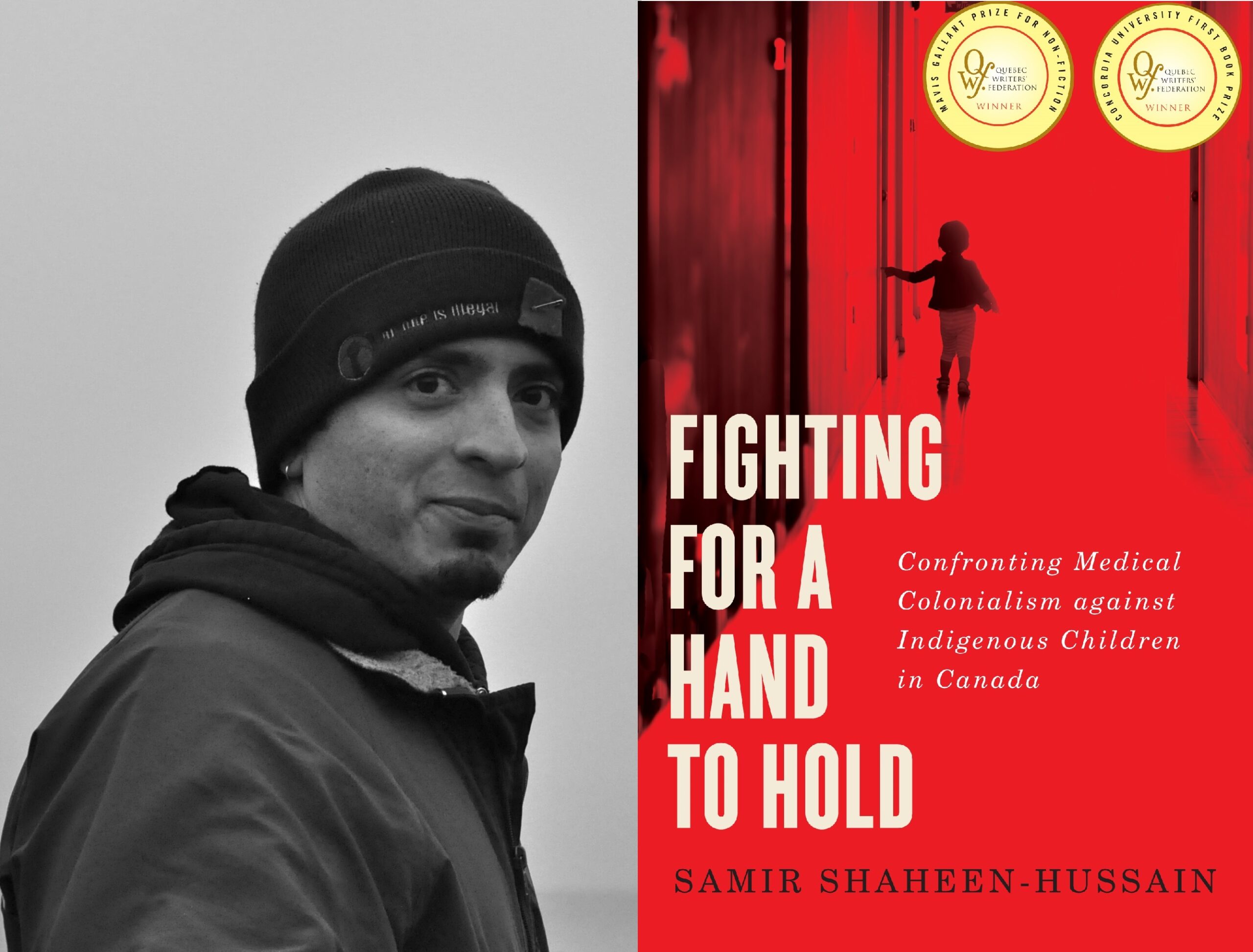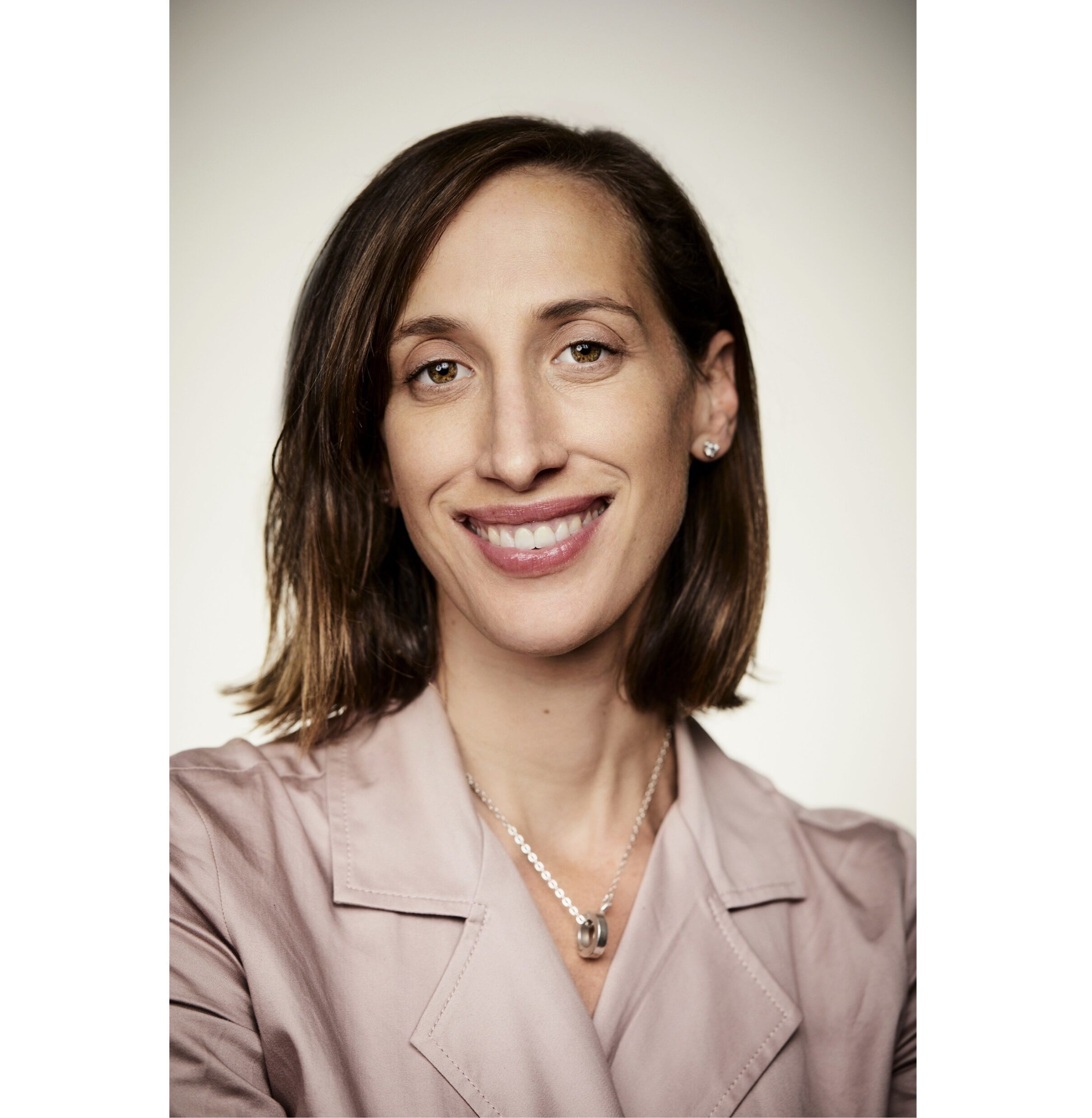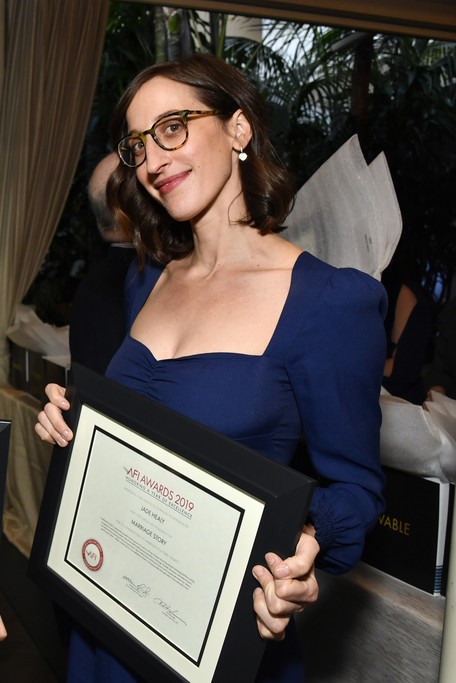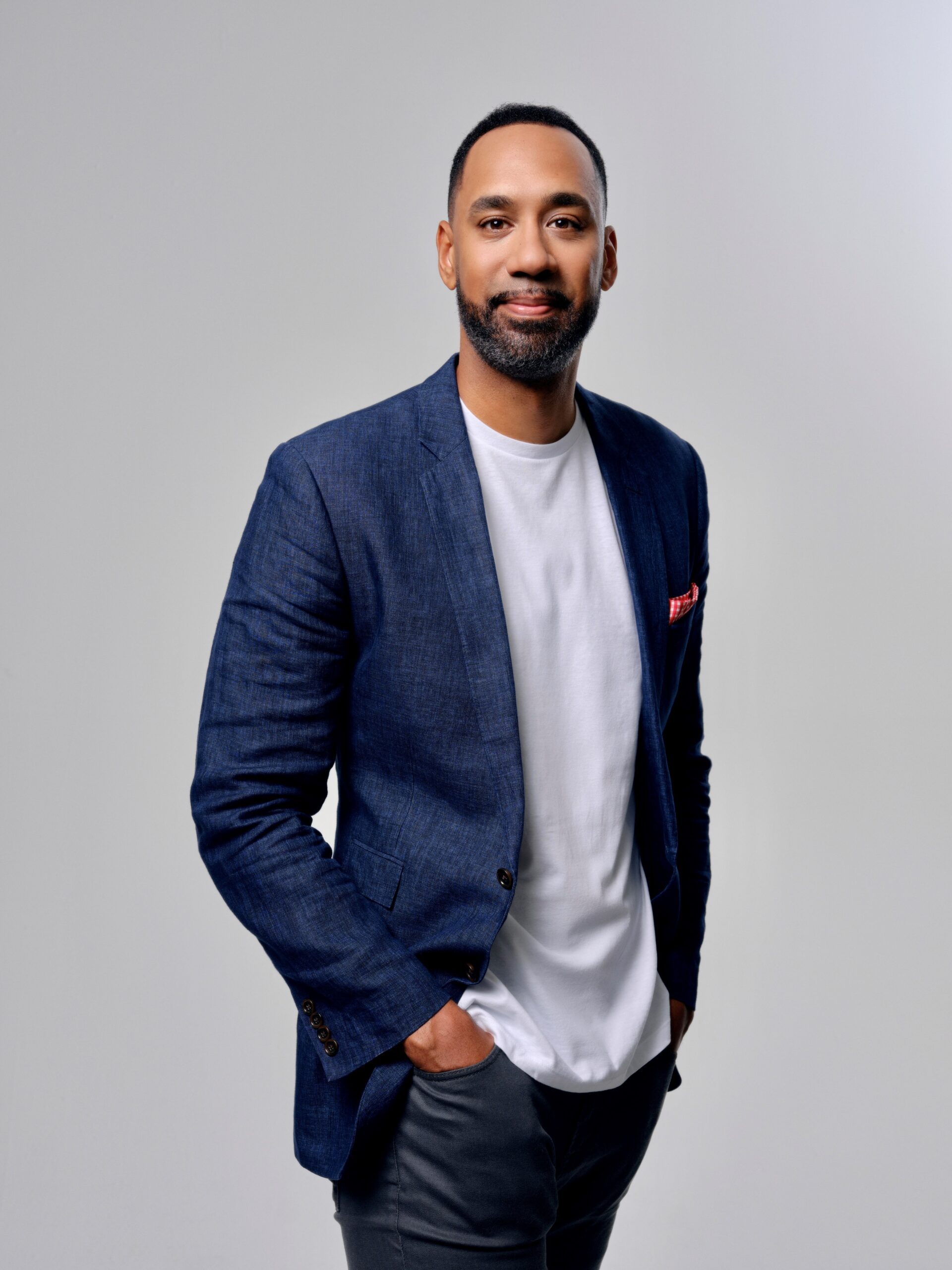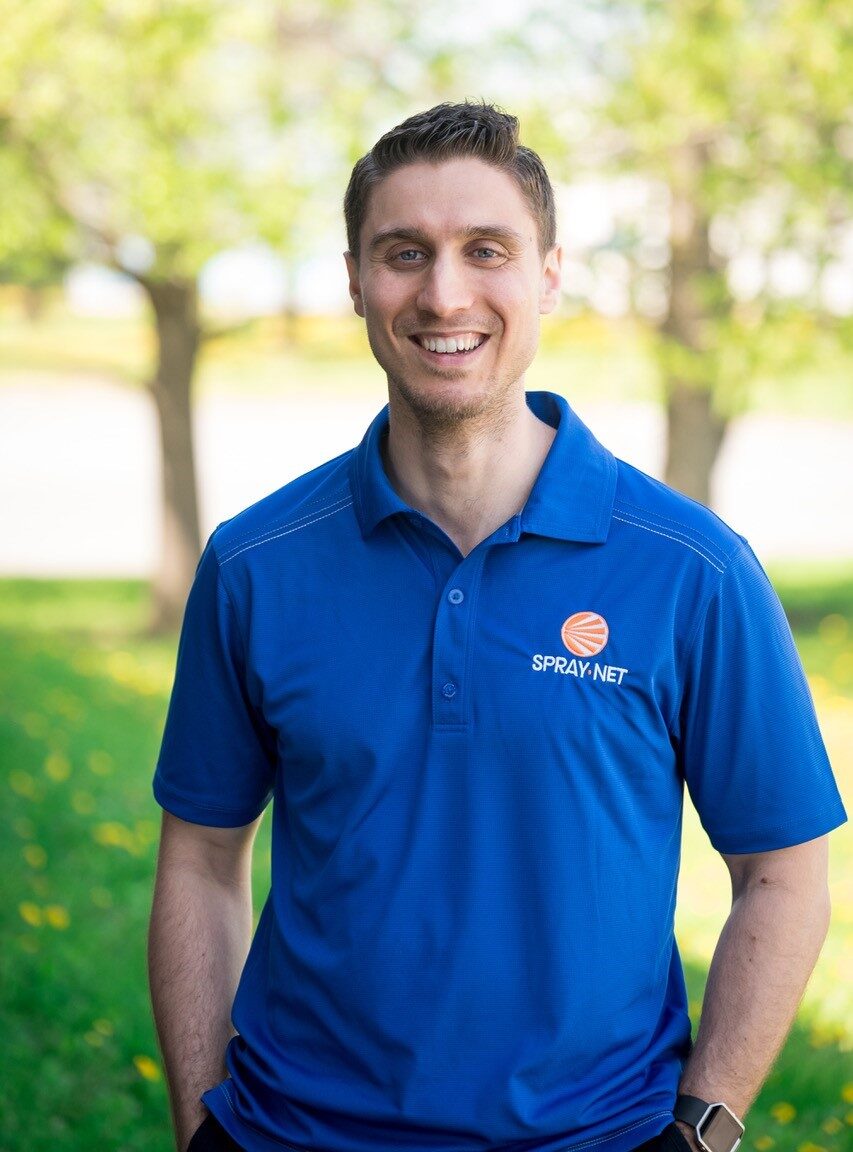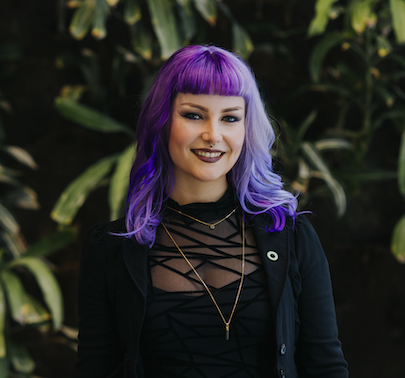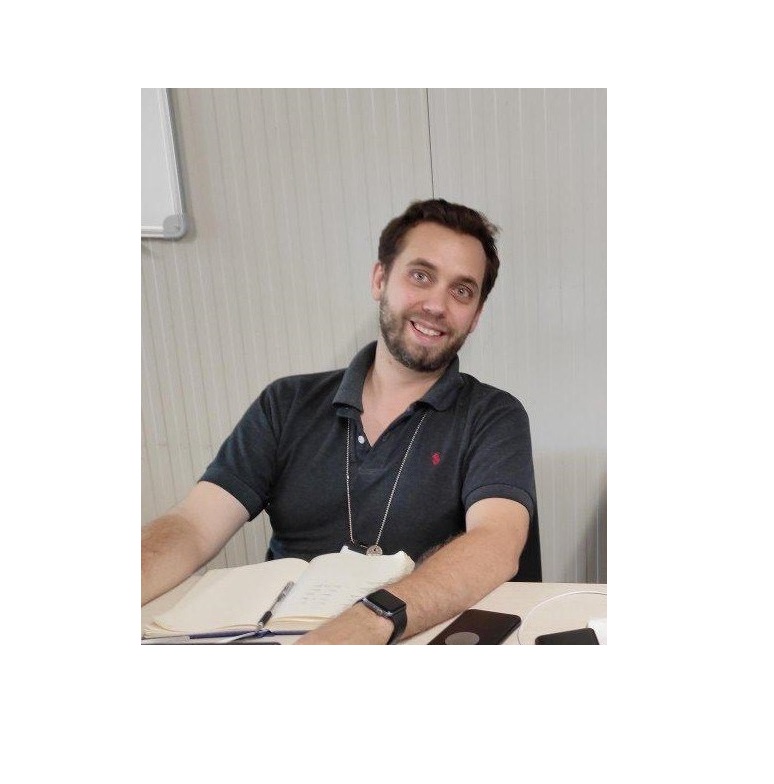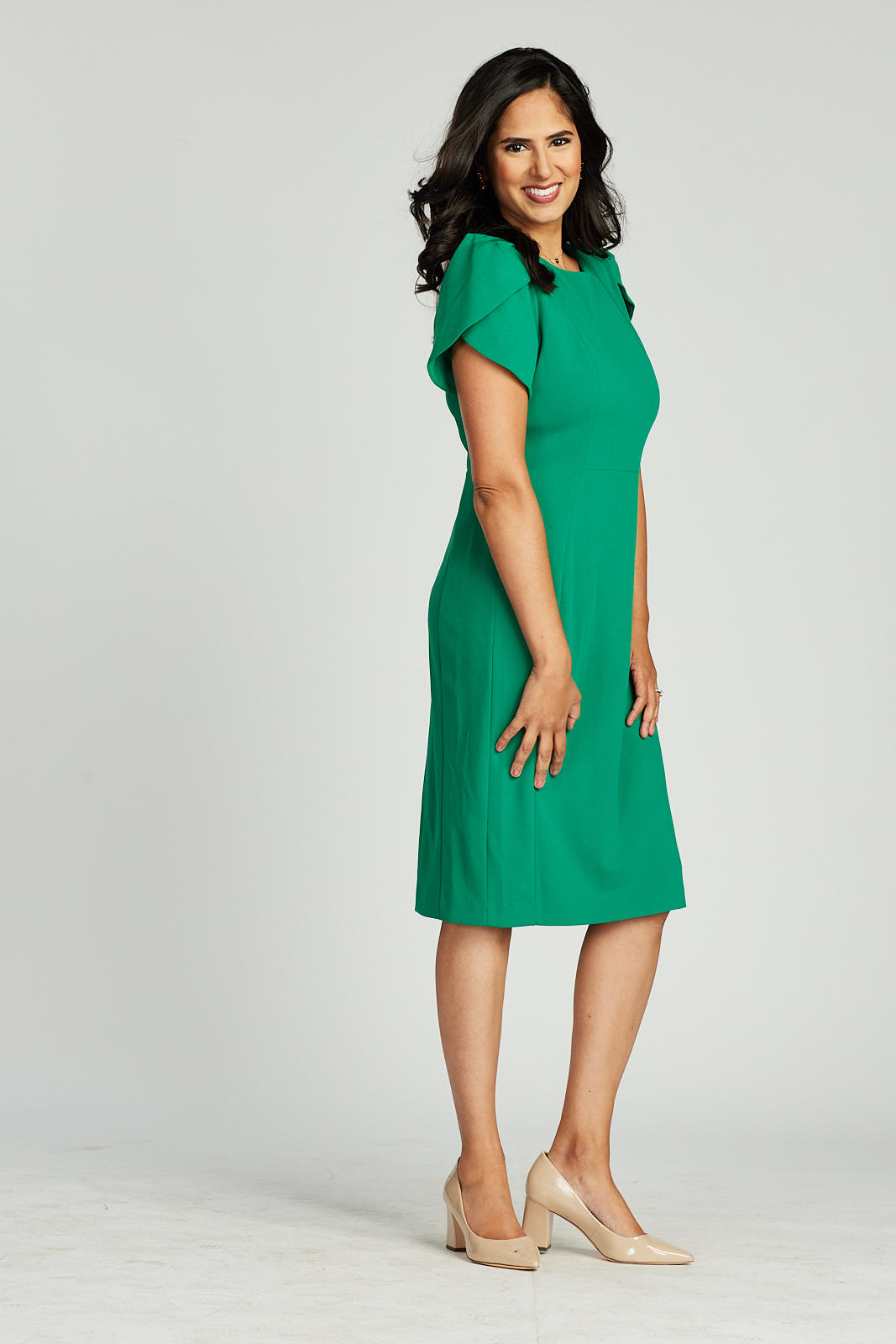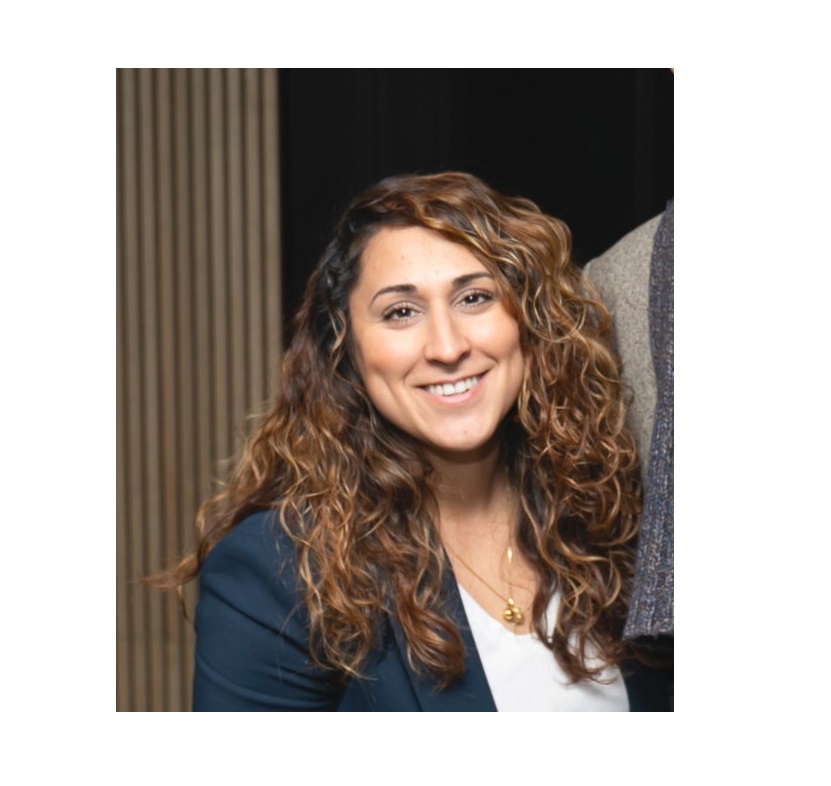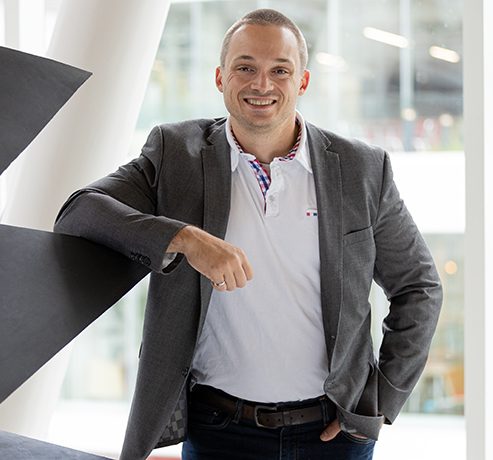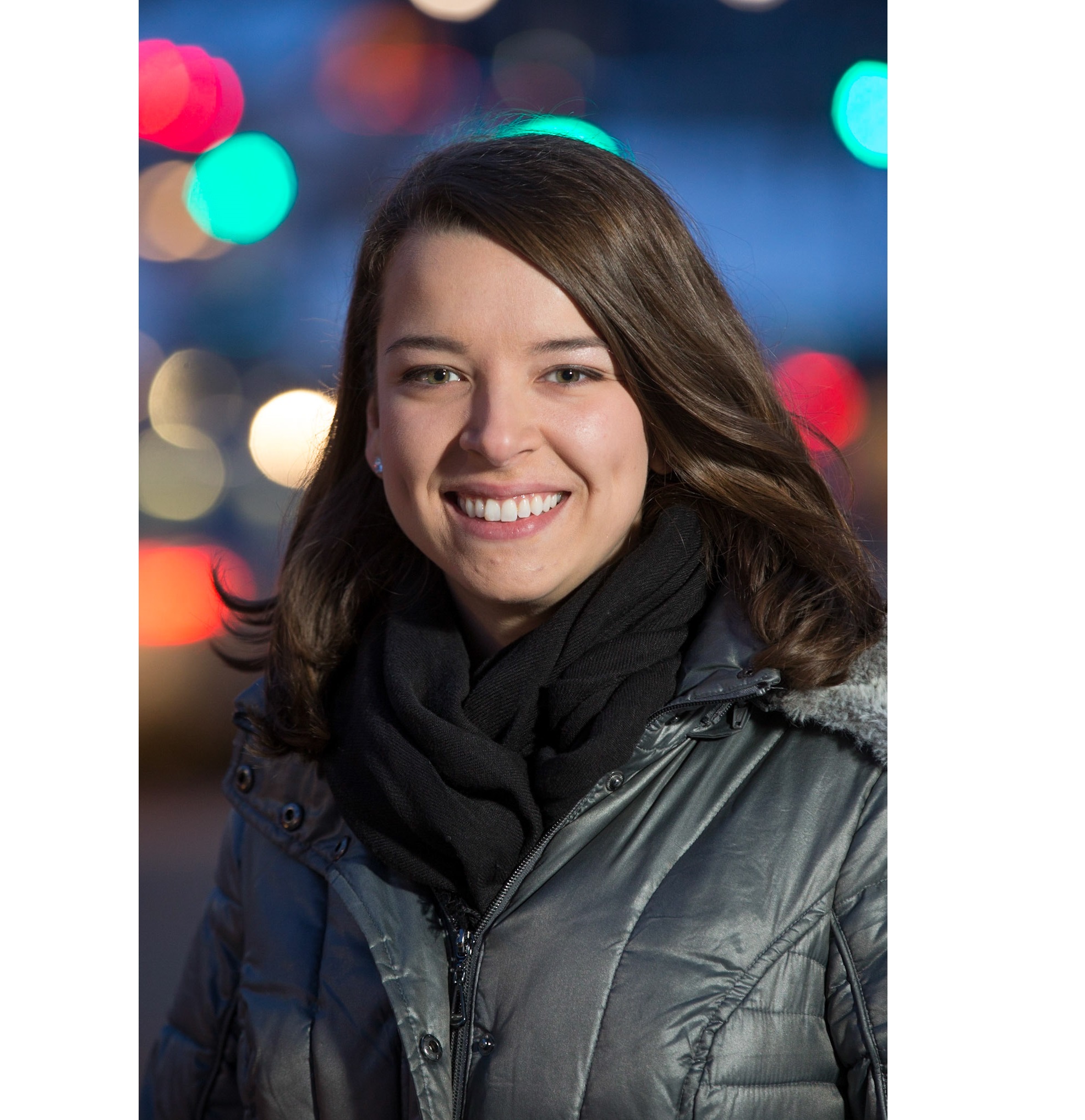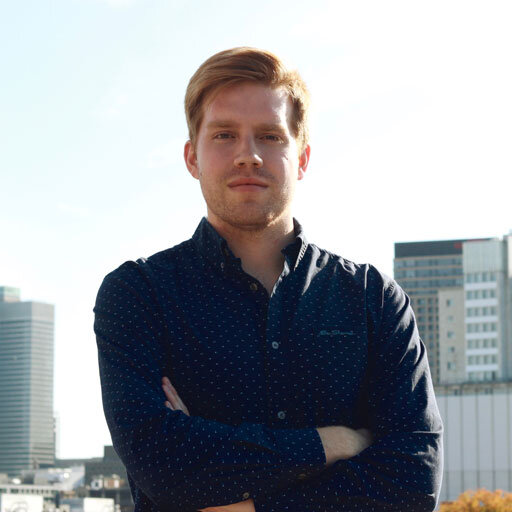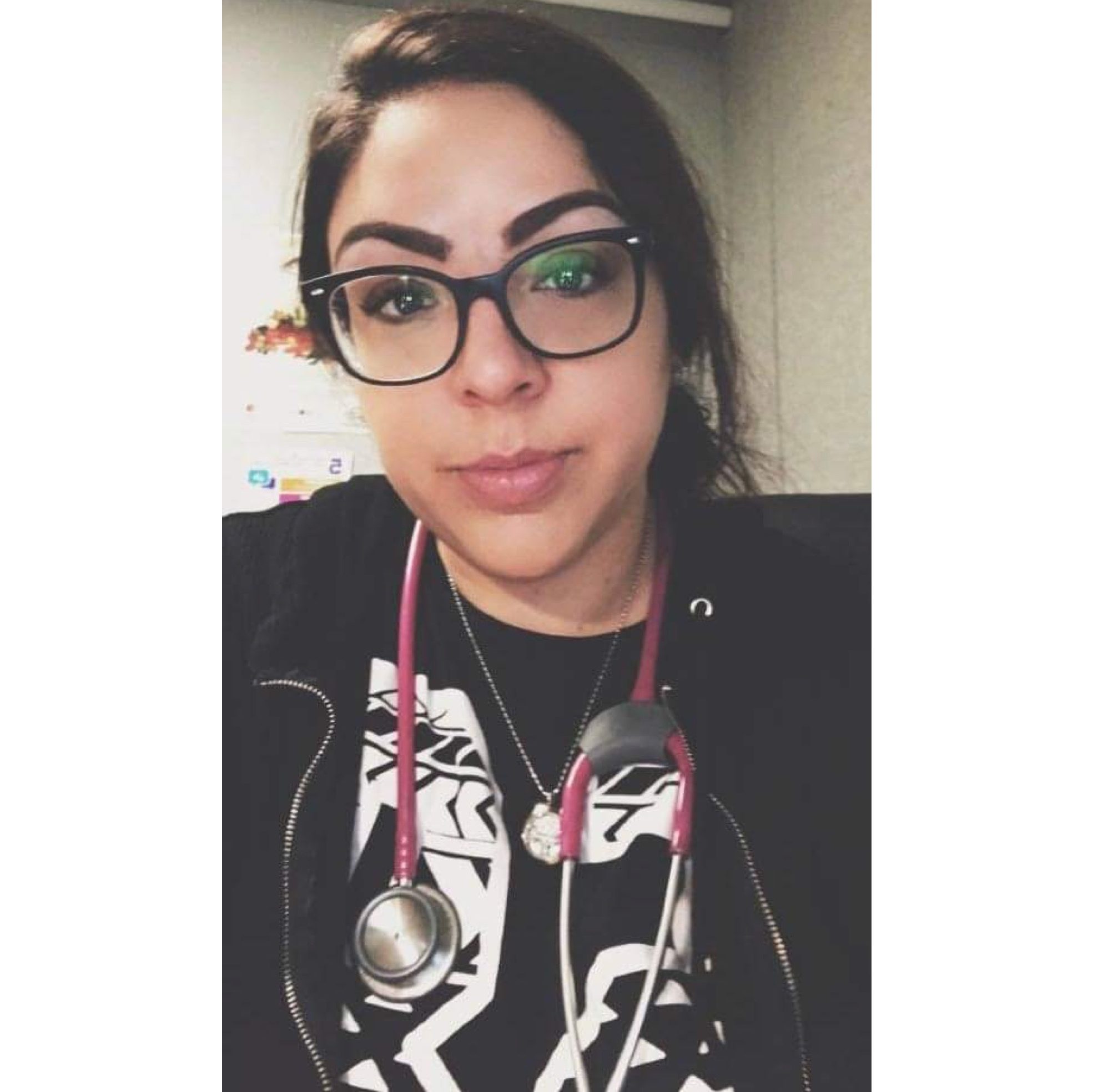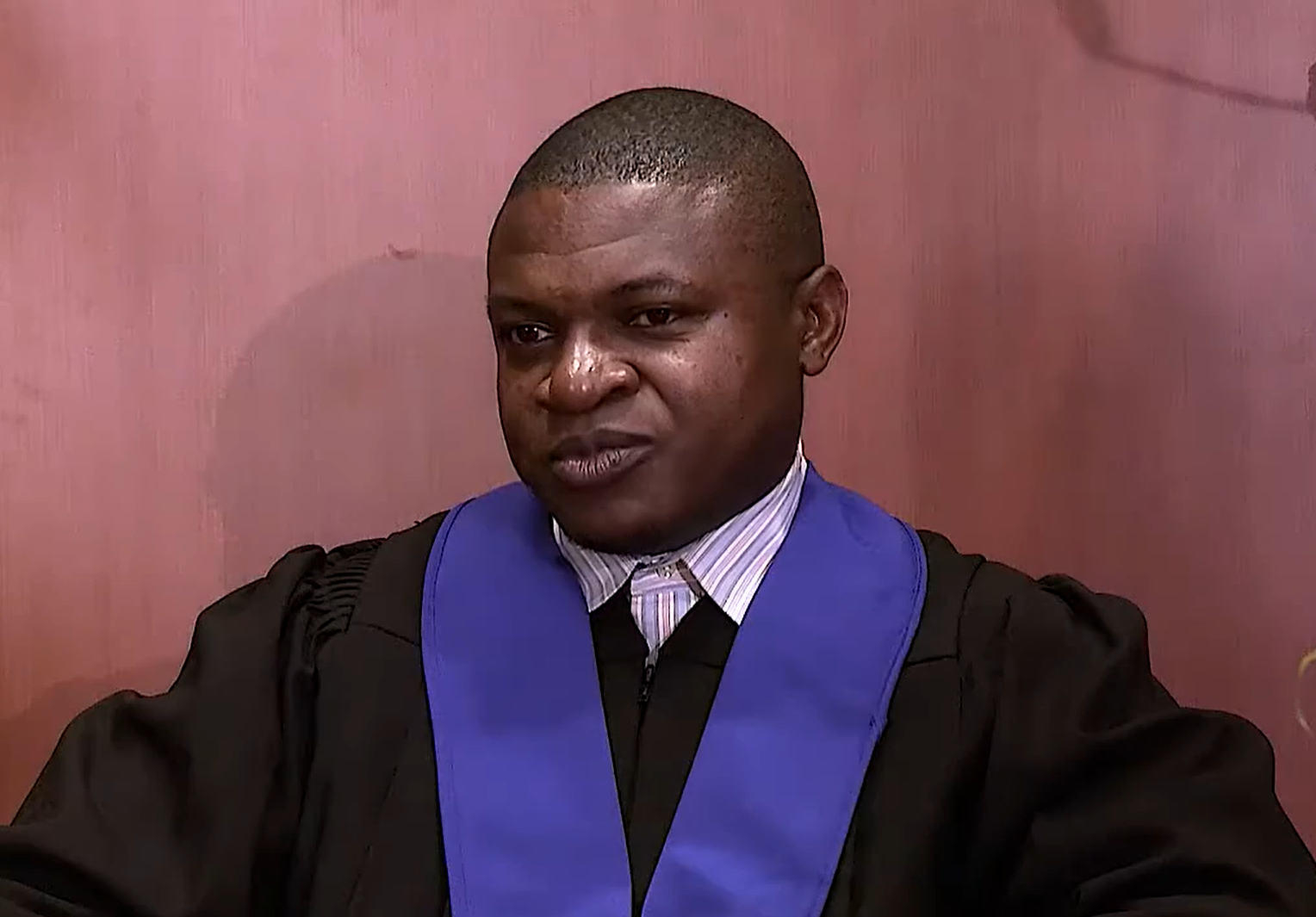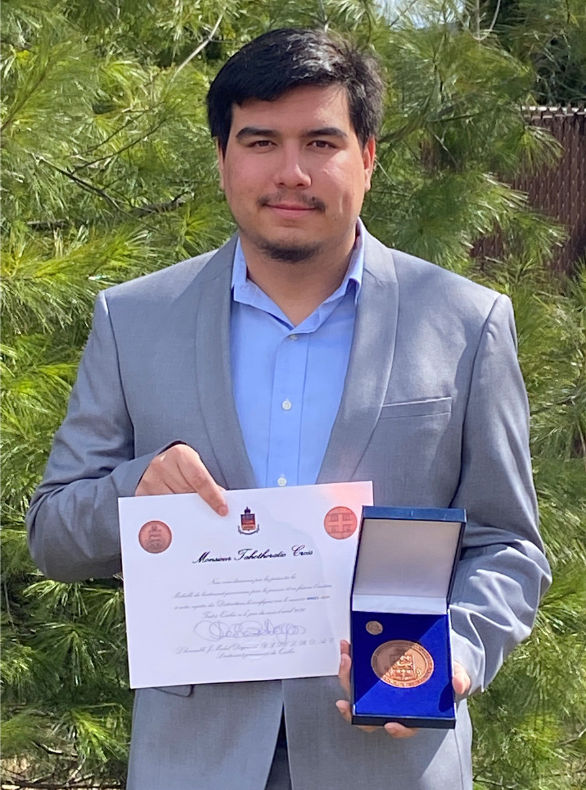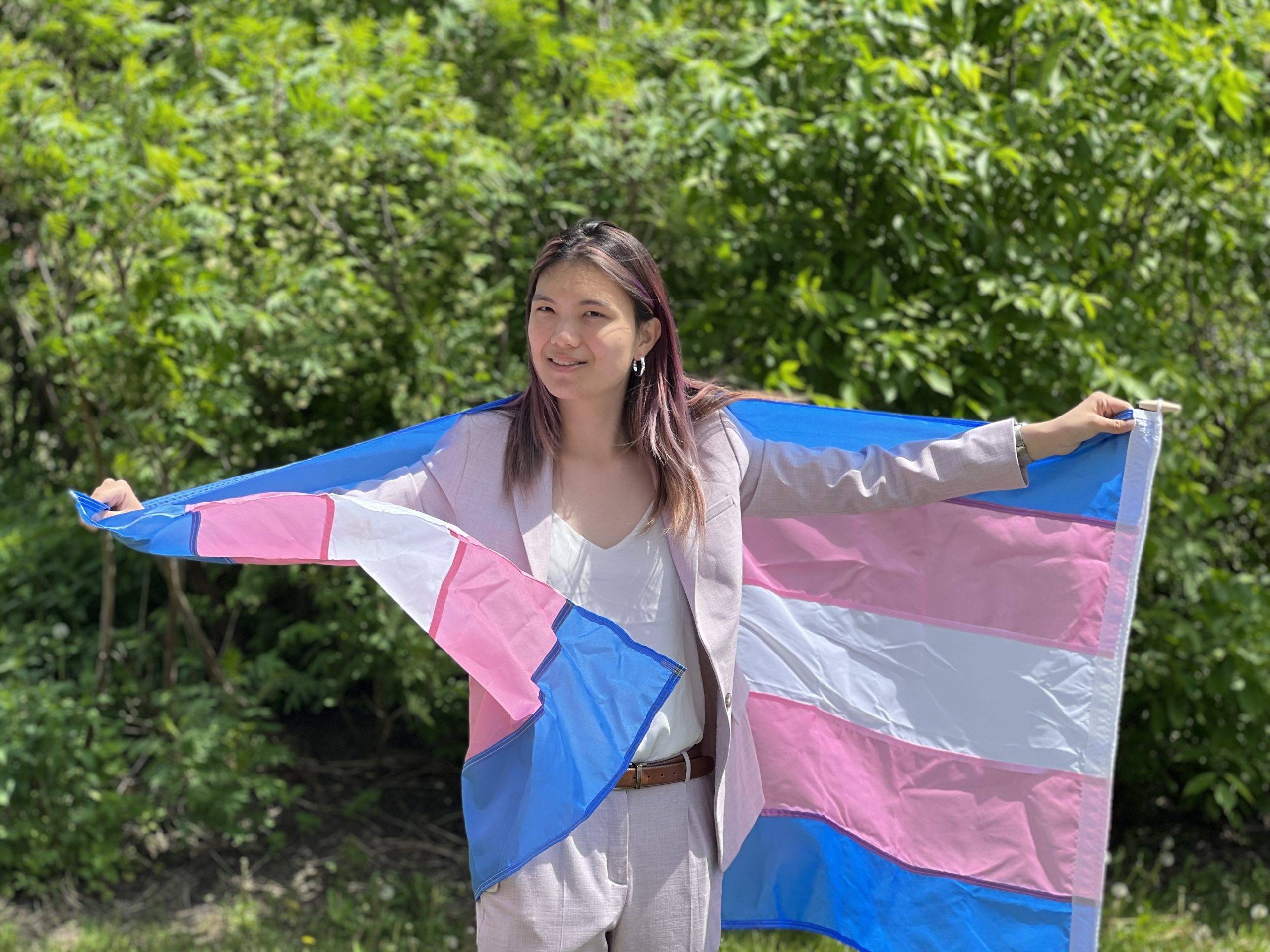Dawn Smith (Business Administration, 1975) started her journey in Cegep in the early days of the College’s founding.
Smith, the current Chair of Champlain Saint-Lambert’s Governing Board, was among the very first cohort to graduate from the Business Administration program.
Smith recalls that when she started at Champlain, the building hadn’t been constructed yet.
“We had to go back and forth from a school in Greenfield Park to the license bureau in Saint-Lambert,” she said. It was only during her final year at the College that she set foot in the then-brand new A block of Champlain.
The first cohort in business administration only had three graduating students. Smith said she still keeps in touch with the other two.
Smith chose to attend the College so she could develop the skills she needed to take on a leadership role at her family’s florist business.
During her studies, she worked 30 hours per week at the family’s flower shop in Longueuil and helped run the business for more than 40 years before the family sold it.
While working in the florist business, Smith also became a commissioner for the Riverside School Board and held the role for 17 years.
Once Smith sold the business, she continued to work with the school board and took on a new role as the managing director for the Saint-Lambert Council for Seniors.
Her involvement earned Smith an invitation to sit on the Governing Board at Champlain which she enthusiastically accepted.
“Champlain has always been part of me,” said Smith. “I’m probably one of the only people that has been a student at Champlain, taught for Continuing Education and been on the board.”
Smith’s advice for current students and recent grads: “Cegep is a great time in your life to explore and make sure you’re going where you want to go. Explore all the courses in your electives and try and get a feel for a lot of things. Experience everything and see what the other programs are about and just see if might interest you.”



